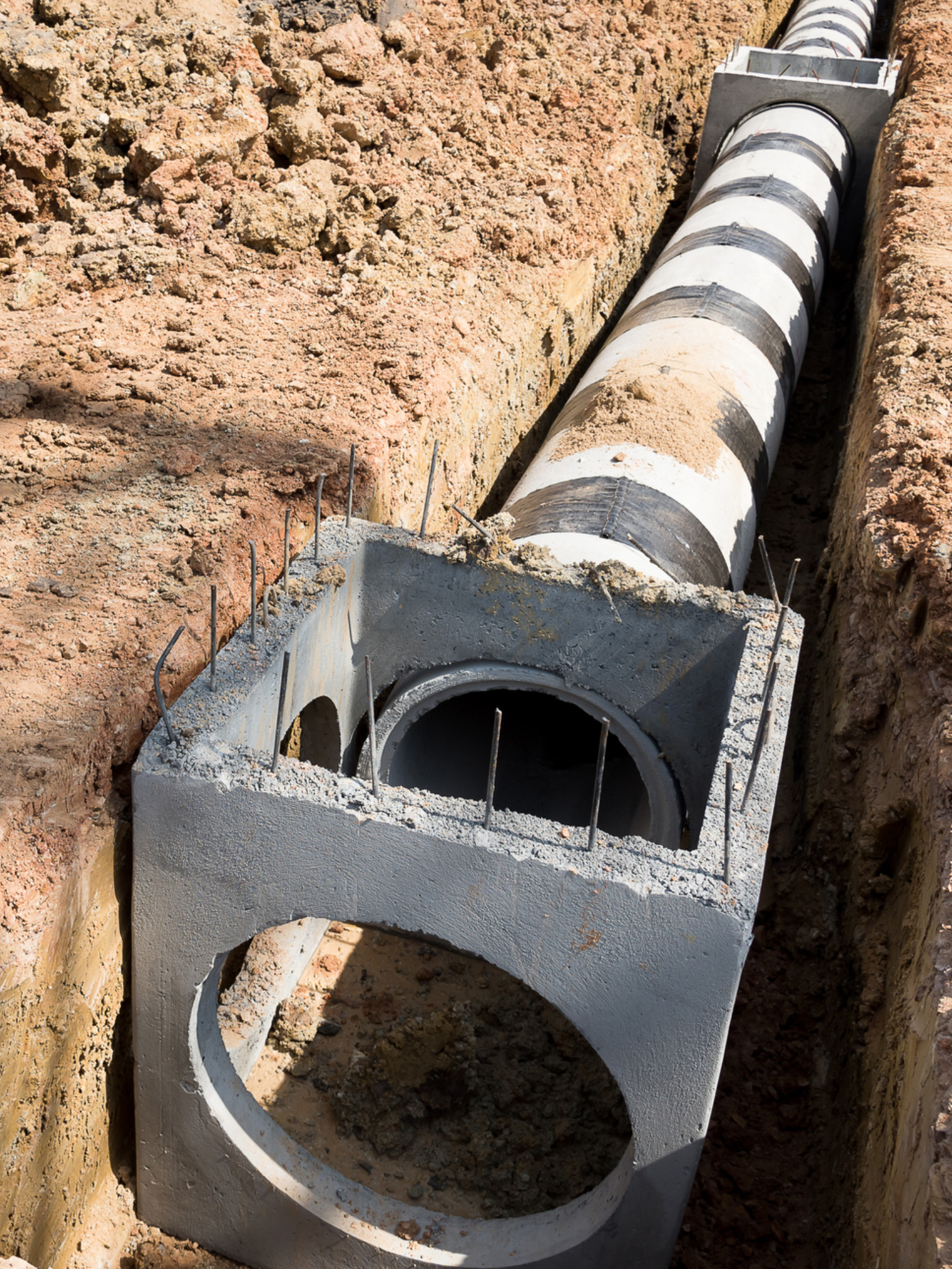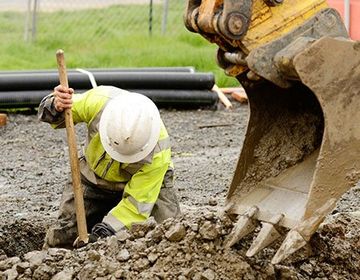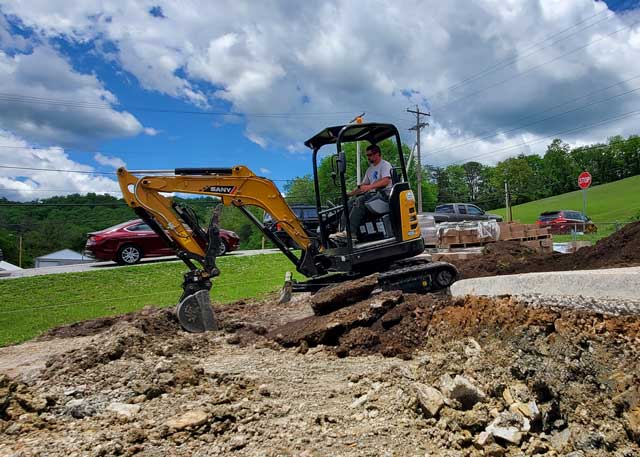Industrial Lancaster Trenching - Trenching Solutions for Services in Lancaster
Industrial Lancaster Trenching - Trenching Solutions for Services in Lancaster
Blog Article
Comprehensive Excavation Techniques: Mastering the Principles for Success
The cautious planning, exact implementation, and meticulous attention to detail needed in excavation tasks require a comprehensive technique that includes numerous essential aspects. The real mastery lies not simply in recognizing these basics however in perfectly integrating them to navigate the intricacies of excavation jobs with finesse.
Understanding Excavation Job Planning

The first stage of any kind of excavation job is the preparation phase, where essential decisions are made that can significantly impact the end result of the project. Comprehending the task budget plan, range, and timeline restraints is essential for developing a comprehensive excavation strategy that ensures the project's success.
One trick element of excavation project planning is the growth of a comprehensive timeline that describes the sequence of milestones, deadlines, and tasks. By thoroughly taking into consideration all these factors during the preparation stage, excavation tasks can be implemented efficiently and properly, leading to effective outcomes - septic ohio.
Soil Evaluation and Site Evaluation
Conducting extensive dirt analysis and site assessment is an essential step in the prep work stage of any kind of excavation job. Dirt evaluation includes figuring out the structure, structure, and buildings of the dirt at the excavation website. This details is critical for understanding the soil's bearing ability, wetness material, and possibility for disintegration, which are crucial factors in determining the excavation approaches and equipment required for the job.
Website examination surpasses soil evaluation and includes a more comprehensive analysis of the general site conditions. This analysis includes recognizing any possible hazards, such as below ground utilities, environmental problems, or unstable terrain, that might impact the excavation procedure. By thoroughly reviewing the site, project managers can establish reliable excavation techniques that prioritize safety, effectiveness, and environmental management.
Making use of innovative innovations like ground-penetrating radar, dirt sampling, and drone studies can improve the accuracy and efficiency of soil evaluation and site analysis. Spending time and resources in these preliminary actions can eventually conserve time and stop pricey hold-ups or issues during the excavation process.
Equipment Option and Use
Efficient excavation jobs count greatly on tactical devices choice and application to make sure optimum efficiency and productivity. Selecting the ideal tools for the job is vital in making best use of effectiveness and lessening downtime. Aspects such as the kind of dirt, depth of excavation, and project extent play a substantial role in determining one of the most appropriate devices for the task handy.

In addition to choosing the suitable tools, appropriate usage is essential to project success. Operators needs to be trained useful reference to take care of the tools safely and successfully - lancaster excavation. Normal upkeep checks and timely repair work assist stop break downs and guarantee constant efficiency throughout the job
Precaution and Regulations Compliance
In the world of excavation tasks, prioritizing precaution and conformity with guidelines is paramount to making sure a protected and lawfully audio operational setting. Precaution include a series of practices, consisting of carrying out extensive site analyses, carrying out appropriate signage and obstacles, and offering adequate why not try here security training for all personnel associated with the excavation process. Adherence to policies, such as OSHA needs in the USA, guarantees that the excavation job meets the necessary criteria to shield workers, bystanders, and the surrounding environment.

Surveillance Development and Adjusting Methods
Just how can forecast managers effectively track the innovation of excavation tasks and adjust their methods appropriately to optimize results? Tracking development is necessary for guaranteeing that excavation projects remain on track and satisfy over at this website deadlines. Project supervisors can use various devices and techniques to track progress, such as day-to-day report card, routine website evaluations, and advanced surveillance innovations like drones and general practitioners tracking systems. By constantly checking the task's development, supervisors can determine any kind of possible hold-ups or concerns early on and take proactive procedures to resolve them.

Conclusion
To conclude, mastering the principles of extensive excavation techniques is important for the success of any project. By comprehending project planning, assessing dirt and website conditions, picking proper equipment, following safety guidelines, and keeping an eye on progress, task managers can make sure a smooth and effective excavation procedure. Implementing these approaches will result in successful end results and reduce possible risks or troubles during the excavation task.
The initial stage of any excavation job is the preparation phase, where essential decisions are made that can dramatically impact the result of the task. Understanding the task scope, budget plan, and timeline constraints is critical for creating a detailed excavation strategy that ensures the project's success.
Exactly how can project managers successfully track the advancement of excavation jobs and adapt their strategies appropriately to maximize end results? By closely checking progression and being prepared to adjust methods, task supervisors can boost the total success of excavation jobs.
By recognizing task preparation, assessing dirt and website conditions, selecting ideal equipment, complying with safety regulations, and monitoring progression, job supervisors can make certain a smooth and reliable excavation process.
Report this page